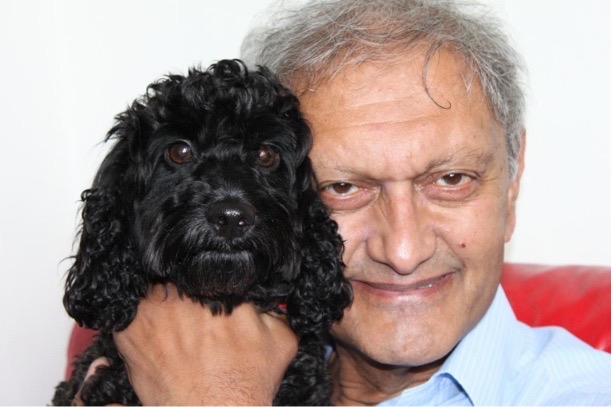
We caught up with Dr David Colin-Thomé OBE, a great luminary of primary care, council member and supporter of NAPC and the man who shaped the thinking behind Primary Care Home. Borne from firsthand experience of providing treatment and care for a community that demonstrated the need for more than just high-quality healthcare to thrive, David has championed a population health, integrated approach to healthcare and has long recognised the impact of the wider determinants of health.
Having just celebrated a significant birthday David jokingly refers to himself as an ‘old man’ now but he is one wise, hugely experienced gentleman who has lost none of his passion in calling for equity in primary care. Not one to shy away from the politics, on the contrary, David served his community as a local councillor for just over a decade. He also tried to win a seat in parliament twice but whilst he was unsuccessful, he said it was a prescient decision as it transpired, as it allowed him to find fulfilment through general practice.
David’s association with politics didn’t end there however, as he went on to be the primary care czar in the department of health for just under 10 years, six of which were during the Blair years, which he says were the most stimulating and fulfilling. David had been prepared for a role beyond general practice having previously cut his teeth in a number of regional senior leadership roles in the Mersey, Northwest and London NHS regional offices. He also held a similar role in the Scottish Office and was visiting professorship at Manchester and Durham Universities all the while continuing to work part time in general practice. He says, of all the roles he has held regionally and nationally, it is the 36 years as a GP in Castlefields Health Centre in Runcorn, that fills him with the most pride and satisfaction. He tells how he and the team disproved the idea that it was hard to do ‘good work’ in a deprived area and it was during those years that the concept of primary care home came emerged.
David felt that being a general medical practitioner he could focus on individual patients rather than a disease group and he was drawn to working with people living in a socially deprived community. It was this and the fact that he was a lifelong Everton fan, a passion he would later regularly discuss with another ‘toffee man’ and the then Health Secretary Andy Burnham, that drew him to the Northwest.
Never far from politics though, David states that he feels progress across the NHS has stalled over the past 10 years or so and needs a real concerted effort to get it back on track.
Personally, David worked long and hard to elevate primary care in policy development and enjoyed working alongside the other czars who represented their individual specialties. David said he used to tease the other czars who represented the specialities residing in acute care (medicine, surgery, elderly care etc) while he held the ring for the whole of primary care, joking that one GP can do the work of several hospital consultants!
David’s was often required to represent the Department of Health at the Health Select Committee and Public Accounts Committee – something he describes as ‘challenging’, along with endless rounds of media interviews including being interviewed by the legendary and fierce Jeremy Paxman.
A slightly more ‘comfortable’ aspect of the role was a number of overseas trips and David was invited to lecture in over 20 countries on more than 35 occasions. On one of these trips David had the honour of meeting Desmond Tutu and debating with the former Prime Minister of New Zealand, David Lange.
When it came to retirement however, there was only one place that David wanted to be and that was a return to the Northeast of England where he had formerly completed his undergraduate training and met his wife.
He remains enthusiastic about the exceptional health economy and number of inspirational and innovative health leaders across Cumbria and Northumbria including Sue Page and Jim Mackey that have championed integration and population health management and shared the approach to trying to ensure that high quality healthcare is available to all those that require it, free at the point of need.
David didn’t fully retire when he finally left general practice in 2010 though. He continued to run his own consultancy until as he says, his work gradually reduced enabling him to finally fully enjoy retirement.
As David celebrates his significant birthday, all at the NAPC thank him for his friendship and his service and look forward to his insight and sage advice as despite retirement, we know that it is only a phone call away. Many Happy Returns Dr Colin-Thomé.

